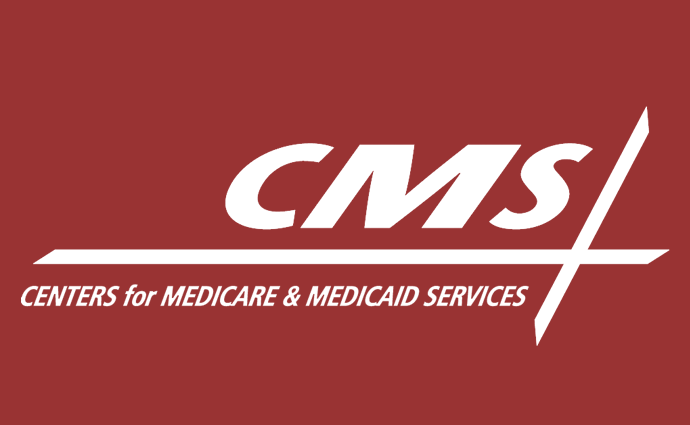CMS Announces Application Cycle for MSSP Pathways to Success
The application submission period for the MSSP Pathways to Success will open in July 2019, but ACOs must submit a notice of intent to apply in June.

Source: Xtelligent Healthcare Media
- Starting June 11, providers can submit notices of intent to apply to participate in the overhaul of the Medicare Shared Savings Program (MSSP), dubbed Pathways to Success, CMS recently announced on its website.
Through its website, the federal agency also announced the application cycle dates for the January 1, 2020, start date of the next iteration of the MSSP: Pathways to Success. The application submission period will start July 1 and run through July 29.
The summer application cycle will be the second for the new program. CMS opened the first application cycle in February for Medicare ACOs hoping to start Pathways to Success in July 2019.
The MSSP is about to undergo some drastic changes. CMS officially overhauled the Medicare ACO program in December 2018 to encourage ACOs to take financial responsibility for their patients. The agency renamed the program Pathways to Success.
Under Pathways to Success, CMS eliminated the four MSSP tracks (Track 1, Track 1+, Track 2, and Track 3) and replaced them with two pathways: Basic and Enhanced.
The Basic track offers ACOs a glidepath to assuming downside financial risk by offering upside-only risk for the first two performance years and gradually increasing the levels of downside risk for the remaining three years of the performance period. The highest level of downside risk offered through the Basic track will qualify eligible clinicians for the Advanced Alternative Payment Model bonus under MACRA.
Through the Enhanced track, ACOs can take on greater levels of financial risk compared to their peers. The track is similar to the current MSSP Track 3, but Enhanced will offer ACOs greater rewards for adopting the highest levels of financial risk, including telehealth and other Medicare payment requirement waivers.
“Pathways to Success is a bold step towards quality healthcare at a lower cost through competition and beneficiary engagement,” CMS Administrator Seema Verma stated when announcing the new program. “The rule strikes a balance between encouraging participation in the ACO program and advancing the transition to value, ultimately protecting taxpayers and patients. Medicare can no longer afford to support programs with weak incentives that do not deliver value. As we structure new payment arrangements, the impact on the overall market will be top of mind.”
CMS intends for Pathways to Success to save Medicare nearly $3 billion over ten years.
However, industry leaders have expressed concerns that new downside financial risk rules will drive a large portion of Medicare ACOs out of the program.
“These policies may present challenges to providers who want to participate in this important, yet voluntary, Medicare program,” the National Association of ACOs contended following the release of the MSSP overhaul rule.
A May 2018 survey conducted by the association showed that Medicare ACOs are already risk averse, with 71 percent of the organizations considering leaving the MSSP if CMS forced them to assume downside financial risk under old program rules. MSSP requires ACOs to take on greater risk levels after six years.
New financial risk rules under Pathways to Success are not encouraging ACOs to stay in the program either, according to a recent Leavitt Partners report. About half of Medicare ACOs are considering dropping out of the MSSP because of the overhaul, researchers found.
The American Hospital Association (AHA) is worried the new downside financial risk rules will hinder the transition to value-based care if ACOs decide to drop out of the MSSP.
“Today’s final rule will not be helpful in the move toward value-based care. None of the actions taken today will better empower ACOs to maximize their contribution to patient care and are not pathways for improving the value of the program for patients,” Tom Nickels, executive vice president of government relations and public policy stated.
CMS acknowledged concerns that some ACOs may choose to exit the MSSP rather than assume downside financial risk. But the agency remains committed to pushing ACOs to take accountability for patient care.
